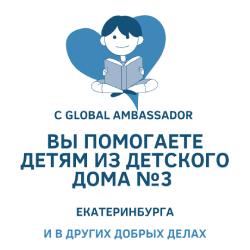Какие перспективы в России у тех, кто получил образование за рубежом?Отвечаем на вопросы подписчиков в соцсетях в рамках конкурса Harvard T-shirt Перспективы трудоустройства выпускника зарубежного вуза определяются множеством факторов: востребованностью полученных навыков и специальности в целом среди работодателей в России, качеством полученного образования за рубежом и его применимости в российской практике, и конечно, личных характеристик и ожиданий самого выпускника. То есть перспективы именно такие, которые мы сами себе создаем, делая выбор в пользу того или иного образования. Можно отучиться в лучшем вузе США на одной из самых востребованных специальностей, и не устроиться в России не потому, что нет работодателя, где выпускник смог бы реализовать свои навыки и амбиции, а потому что, например, ожидания в отношении оплаты труда или культуры работы компании не совпадают. Или наоборот, можно в России устроиться в крупную международную компанию на достойную позицию и достичь быстрого карьерного развития, при этом окончив программу обучения в России. Все определяется долгосрочными профессиональными целями студента, и совместимостью полученных знаний и навыков в зарубежном вузе с требованиями работодателя в России. Количество программ первого высшего и последипломного образования за рубежом растет с каждым днем. Помимо безусловных стран-лидеров по приему международных студентов, таких как США, Великобритания, Канада и Австралия, учебные заведения многих стран Европы, Китая, Южной Кореи и многих других стран привлекают международных студентов с целью увеличения источников дохода университетов и расширения культурного состава студентов. Эти университеты вводят программы обучения на английском языке, и тратят огромные рекламные бюджеты, чтобы увеличить состав международных студентов. Среди такого разнообразия легко потеряться или вообще сбиться с пути. К сожалению, многие родители, продолжают рассматривать зарубежное образование как “престижное”, при этом не всегда понимая, что они имеют ввиду под “престижным”.
В погоне за престижным образованием родители готовы сделать все возможное лишь бы отправить ребенка учиться за рубеж. Ситуацию усугубляют и агентства, которые продвигают зарубежные учебные заведения и рисуют безоблачное будущее, не предостерегая родителей об особенностях трудоустройства в той или иной стране. Как правило, принимая решение отправить ребенка учиться за рубеж, родители преследуют цель обеспечить ребенка возможностью проживания и работы в другой стране. Учитывая финансовые ресурсы, языковые возможности и академическую подготовку детей с одной стороны и желания максимально удачно устроить жизнь ребенка, с другой, важно рассматривать получение высшего образование как средства достижения долгосрочной профессиональной цели. Следовательно вопрос, какова Ваша долгосрочная цель, какие навыки и знания необходимы для ее достижения, какие существуют риски и возможности? Ответы на эти вопросы не лежат на поверхности, и, к сожалению, не всегда могут быть объективно предоставлены консультантами образовательных агентств. Эти вопросы требуют тщательного анализа экономики той или иной страны, понимания нюансов рынка труда, с которыми сталкиваются международные студенты, понимание визовой политики и ограничений, востребованности специальности в выбранной стране обучения и предполагаемой траектории карьерного развития. Если Вы планируете карьеру в другой стране, Вы должны также четко понимать какие навыки требует работодатель в данной сфере. Такое исследование позволит Вам не только более критично относится к выбору вуза и программы обучения, но и более целенаправленно учиться впоследствии. Если Вы планируете обучение за рубежом с целью повышения своей конкурентоспособности на рынке труда в России, важно понимать, какие специальности и навыки востребованы работодателями в России.
Какие навыки Вы можете получить обучаясь за рубежом, которые сложно приобрести, обучаясь в российском вузе? В России есть огромное количество достойных и прогрессивных работодателей как российских, так и международных высокотехнологичных компаний, требования к трудоустройству в которых не уступают мировыми стандартами. И в них успешно работают как выпускники российский вузов, так и выпускники зарубежных вузов. В отличие от школьников, поступающих на программы бакалавриата, многие молодые профессионалы, поработав в России и определив круг необходимых знаний и навыков, необходимых для дальнейшего развития карьеры, обычно более скрупулезно выбирают программы обучения за рубежом, таким образом отталкиваясь от требований сферы. Поэтому получив эти знания в иностранном вузе, выпускники таких программ продолжают успешно развивать свою карьеру в России.
Как ни крути, в вопросе выбора страны обучения и учебного заведения, будь то для программ первого высшего или последипломного образования, стоит отталкиваться от профессиональной цели и необходимых навыков, при этом учитывая макроэкономические и политические факторы предполагаемой страны трудоустройства. Очень не хочется обобщать и выделять какие-то страны, поскольку в любой стране есть достойные вузы, но есть и вузы, которые за великие деньги предоставят посредственное образование. И то, и другое образование может оказаться неприменимым, если полученные навыки и знания не соответствуют требованиям интересующих Вас работодателей. Таким образом, перспективы выпускника зарубежного вуза в России определяются как конкретными характеристиками полученного зарубежного образования, так и особенностями и действиями самого кандидата. Учитывая разнообразие международных программ, зарубежное образование дает Вам более широкие возможности выбора провайдера образования, образовательного контента и желаемых навыков. Для любой цели найдется средство, осталось только эту цель определить! |
 Факты о нас
Факты о нас 


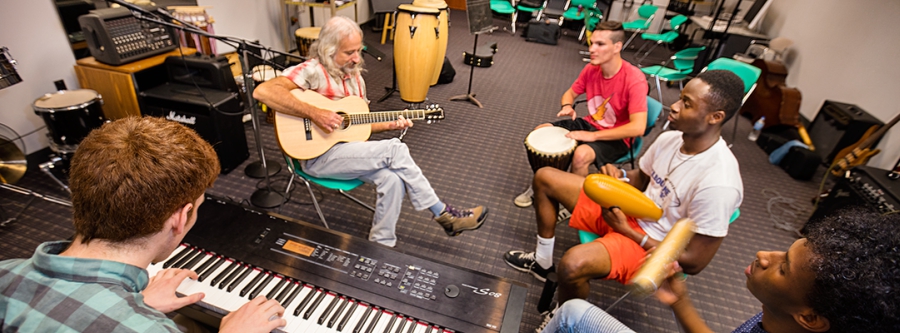
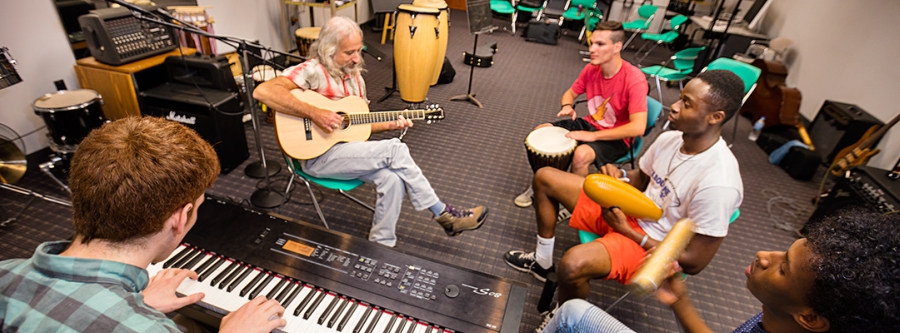
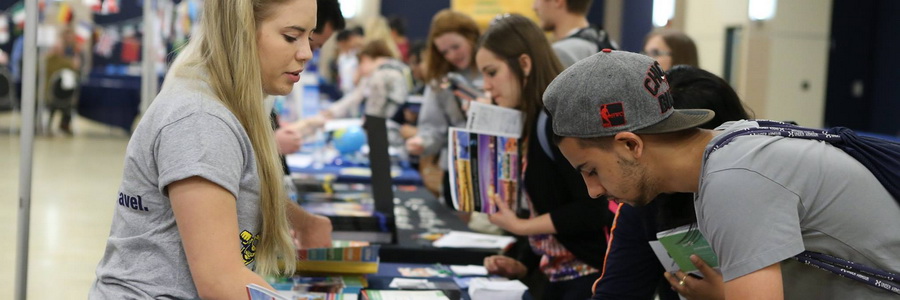
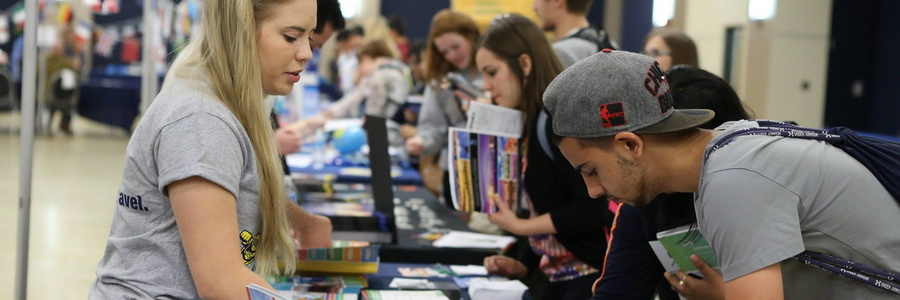
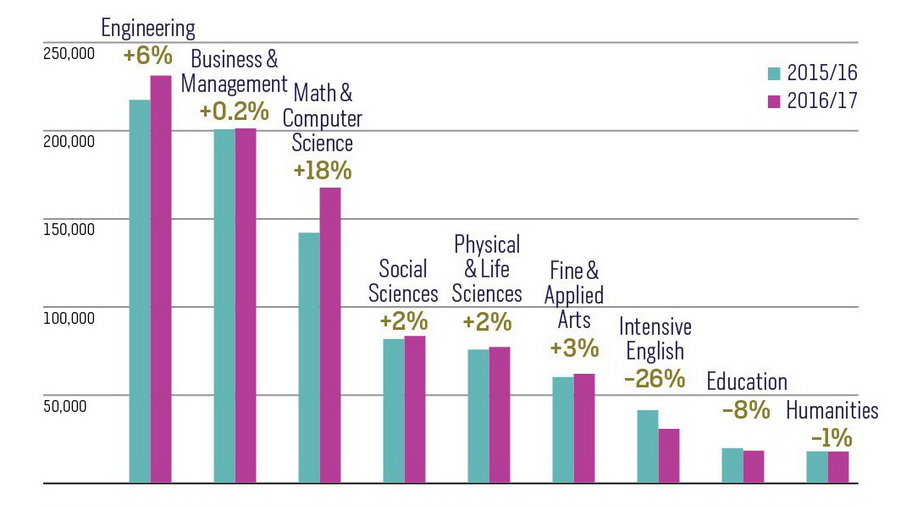



 Факты о нас
Факты о нас 